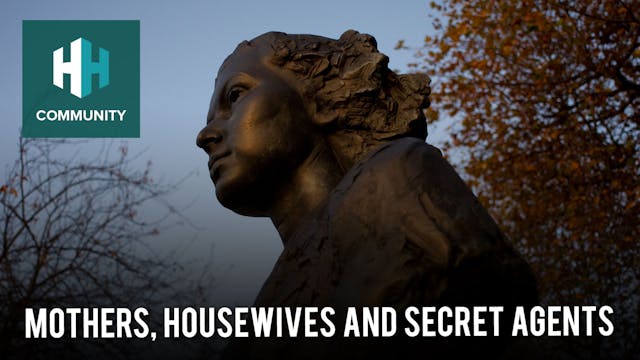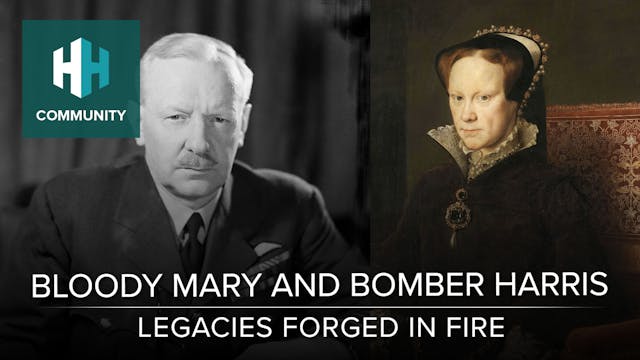1918 is hailed by all as one of the most significant years in providing democratic citizenship for the people of the United Kingdom, when Parliament approved that women could vote in a general election for the first time. Of course, this was a limited success since only certain women aged 30 and above were eligible. It took another 10 years for women to achieve parity with men. How did this come about? In a separate initiative, women were also allowed to stand for Parliament itself. How successful were they?
This talk in two parts. Mike O'Keeffe first discusses the campaigns that were held in the period between 1918 and 1928. The second part looks at the legacy of women’s achievements in Parliament by focusing on the careers of two women: Eleanor Rathbone (the inspiration behind family allowance) and Jennie Lee (who played a leading role in the founding of the Open University).
Up Next in Season 1
-
Psychiatric Asylums: From Haunted Pas...
Psychiatric Asylums were the main form of mental healthcare in the UK for over a century. These large buildings located on the urban fringe were set up as places of refuge, only to become urban legends of maltreatment and abuse, reviled by many. From the 1960s there was a policy of mass asylum cl...
-
Mothers, Housewives and Secret Agents
France 1944, a lone aircraft deposits an individual by parachute into the cold darkness of Nazi occupied Europe. Highly trained in the art of sabotage, disguise and subterfuge, they are a crack shot with a pistol and trained to kill with their bare hands. The figure lands rather ungraciously, rem...
-
Bloody Mary and Bomber Harris: Legaci...
Mary I is often seen in public memory as a cruel tyrant leading religious reform while Sir Arthur Harris is remembered as a cold calculated advocate of mass slaughter through aerial bombing. The truth, as always, is more complex and the legacies of both historical figures have been forged for a v...



